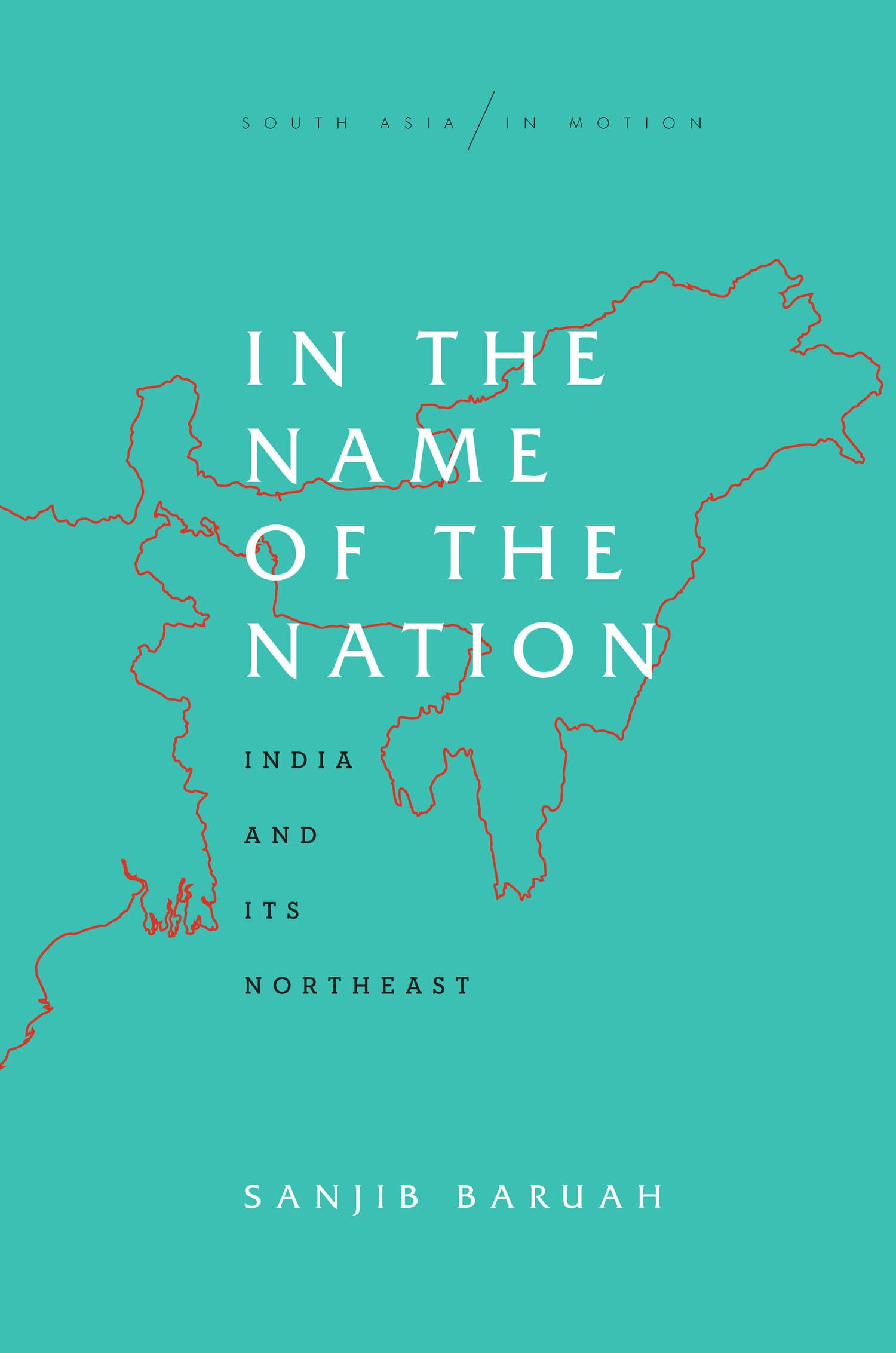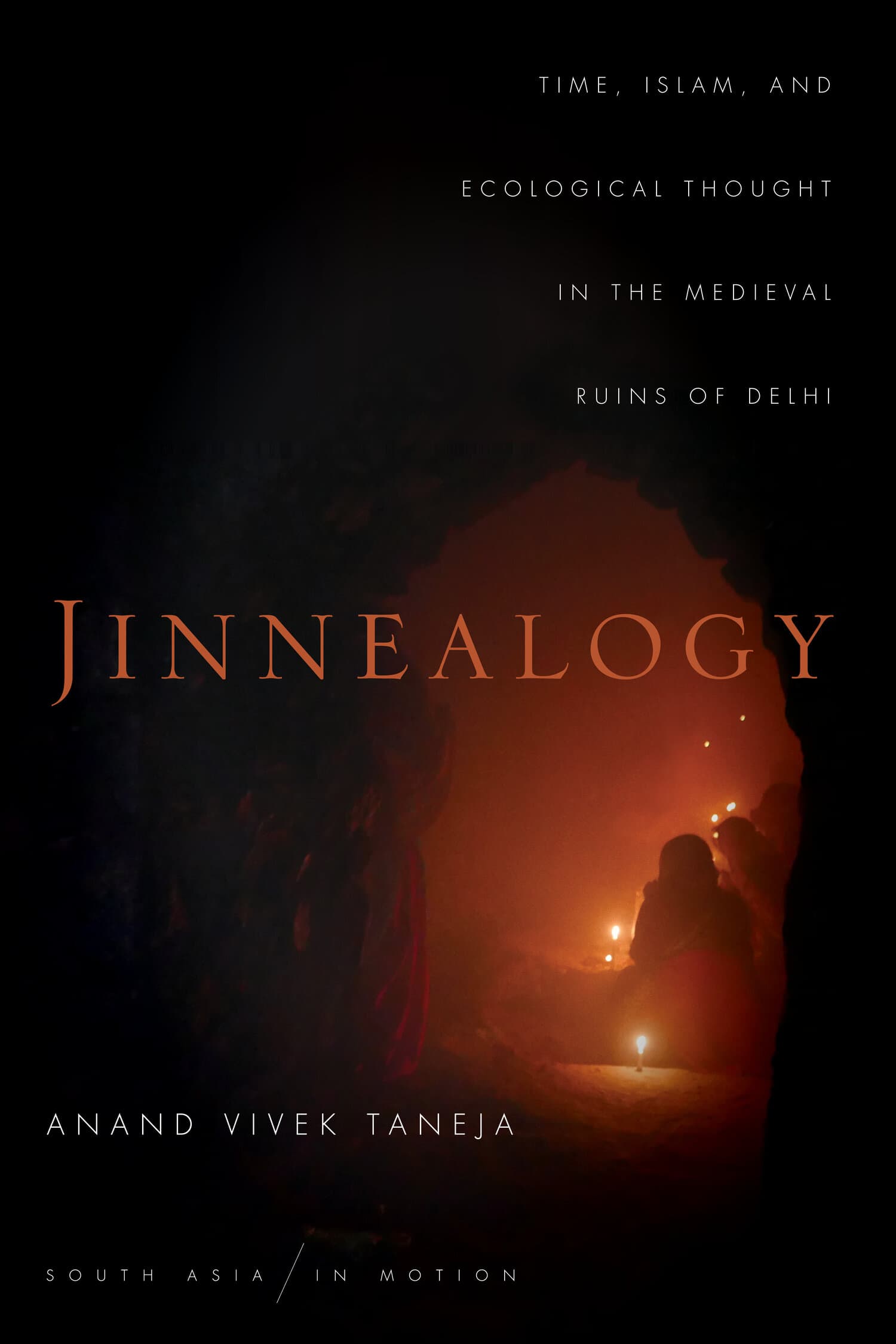Aurangzeb
Award Winner
2017: Choice Award for Outstanding Academic Title
Winner of the 2017 Choice Award for Outstanding Academic Title, sponsored by the American Library Association.

The Mughal emperor Aurangzeb Alamgir is one of the most hated men in Indian history. Widely reviled as a religious fanatic who sought to violently oppress Hindus, he is even blamed by some for setting into motion conflicts that would result in the creation of a separate Muslim state in South Asia. In her lively overview of his life and influence, Audrey Truschke offers a clear-eyed perspective on the public debate over Aurangzeb and makes the case for why his often-maligned legacy deserves to be reassessed.
Aurangzeb was arguably the most powerful and wealthiest ruler of his day. His nearly 50-year reign (1658–1707) had a profound influence on the political landscape of early modern India, and his legacy—real and imagined—continues to loom large in India and Pakistan today. Truschke evaluates Aurangzeb not by modern standards but according to the traditions and values of his own time, painting a picture of Aurangzeb as a complex figure whose relationship to Islam was dynamic, strategic, and sometimes contradictory. This book invites students of South Asian history and religion into the world of the Mughal Empire, framing the contemporary debate on Aurangzeb's impact and legacy in accessible and engaging terms.
Following British historians of the colonial era, Indian nationalists used the last and most controversial of the great Mughals in ways that simultaneously distorted Mughal history and served as a goad to Hindu cultural renewal. Audrey Truschke's project of looking at Emperor Aurangzeb afresh is thus a welcome and timely one and will interest readers in academia and beyond."—Barbara D. Metcalf, University of California, Davis
"Truschke's laudable objective is to criticize Hindu nationalism, which makes the Mughal Emperor Aurangzeb (r. 1658-1707) into a metonym for the Muslim community, and vilifies the emperor in order to vilify the community almost in its entirety....Truschke demonstrates with superb precision that the political-theological fault lines in Aurangzeb's reign did not run along simple Muslim versus Hindu / Sikh binaries."—Milinda Banerjee, Sehepunkte
"Truschke is to be applauded on a number of counts: her courage for writing a biography of Aurangzeb (), her willingness to write a book that is easily accessible to nonspecialists, her skill in integrating large amounts of information within a coherent narrative, her thoughtfulness when balancing conflicting evidence, and her ability to give Aurangzeb his due without coming across as an apologist."––Munis D. Faruqui, Journal of the American Academy of Religion
"[An] important contribution to Mughal history....[and] an important effort for discussions around Muslim-Hindu encounters and the pre-modern/early modern India."—Shaharyar Zia, Reading Religion
"Audry Truscke, a professor of history at the Rutgers State University, New Jersey, mentions how she had to endure unprecedented pushback for daring to write a rather balanced and objective account of 'the life of India's most important emperor, Aurangzeb Alamgir.'... Yet, she dared to embark on the project 'to introduce the historical Aurangzeb - in all his complexity.'"—Chowdhury Mueen Uddin, The Muslim World Book Review




